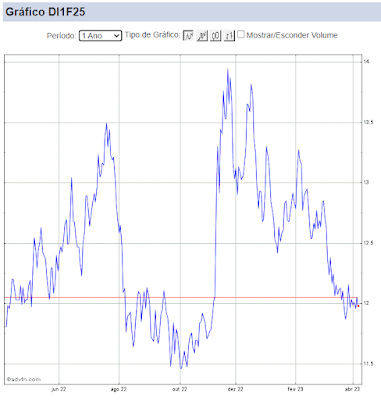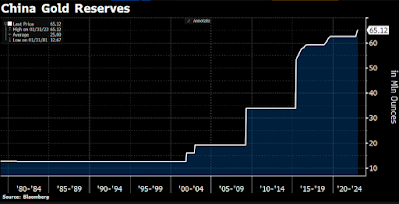Inglaterra/UK
Fazendo uma breve
leitura dos analistas de Inglaterra/UK, após a reação inicial de surpresa por
parte dos ativos de risco, começa a se formar um consenso em torno do cenário
para a região. O risco de uma posição de negociação mais fraca para o Brexit é
evidente, mas existem riscos também na outra ponta (positivos).
O DB resumiu bem, trazendo a tona
um estudo que fizeram no ano passado, a mudança estrutural que o mundo vem
apresentando. De maneira geral, ve-se a possibilidade de uma política fiscal
mais frouxa no país, uma menor dependência da política monetária e um
câmbio mais depreciado, que acaba ajudando o crescimento.
O mundo está passando por uma
transformação sem precedentes em relação a composição da população e seus
anseios. A classe política precisa entender isso e dançar conforme a música. Na
atual conjuntura, supresas como o Brexit, Trump e as eleições de ontem
continuarão a ocorrer.
Leiam o que escreveu o DB:
Whatever
the overall results of this election some of the stats about potential age
demographics of the voters is very interesting. Sky did a poll on election day
and found amongst 18-34 year olds Labour were on 63% and Conservatives
27%. With 35-54 year olds both were on 43% and over 55 year olds Labour on 23%
and Conservatives on 59%. Labour
made a huge push for the young who don't normally vote in high numbers and the
Conservative Party actually proposed policies that worked against their natural
older vote perhaps thinking their early lead in the polls gave them an opportunity
to try to balance the books more. So were the young more motivated than normal
and were the elderly less motivated?
It's
fascinating as this shows the dilemma a lot of politicians have around the
world. We generally have a wealth divide where the older
generation (who normally vote) have a high proportion of it relative to the
young who are generally in debt and/or in many countries unemployed. It
feels this divide is at the higher end of the historical range.
Are the
young starting to rebel more and are looking for hope? Can you politically
afford to attack the wealthier older voter to help redistribution? One of the
big themes of our long-term study last year was that we thought we were at the end of a 35 year super cycle of policy,
politics and with it interest rates and asset prices. Our
argument was that the Trump and Brexit vote marked the turning point when the
disenfranchised were starting to actually win elections/referendums. If policy
wasn't increasingly calibrated to these 'forgotten' people then the incumbents
would get voted out. What we felt was that this would
mean more fiscal spending, bigger deficits and less reliance on monetary policy
at least until fixed income markets rebelled and then you'd probably get
central banks forced to monetise that debt. This
was our slow roadmap for the future and nights like last night may be another
inching towards that. As Mr Trump has discovered it's not easy to increase
spending though but I think the trend will be up in the years to come.
O Morgan Stanley caminhou na mesma
direção:
Discussing GBP. This
morning the main market discussion point is the UK General election result showing a
tectonic shift in UK voting behaviour compared to previous expectations. Only
one month ago the expectation was that the Conservatives would win big, and
secure a landslide victory. This morning’s results present a very different
picture, with left-leaning Labour under Jeremy Corbyn beating the most
optimistic expectations. At the moment it looks like the UK is heading towards
a weakened Conservative-led government, reliant
on the Northern Irish Unionists for support, although a Labour-led coalition of
many parties cannot yet be completely ruled out. In either case, the election
outcome suggests looser fiscal conditions, a weaker UK Brexit negotiation
position and – with the SNP losing 21 seats in Scotland – a reduced likelihood
of a second Scottish independence referendum, which are GBP positive factors.
However, political instability and the prospect of weakened ‘supply economics’
work against GBP.
There is
GBP hope. Over
recent days we have advocated the view of selling GBP whatever the election
outcome. This morning we have to nuance this view. Should the Conservatives
remain in government control, probably with the support of Northern Irish
Unionists, then the outcome for GBP could be better. This political constellation would still project
easier fiscal conditions compared to current government projections, Britain’s
Brexit negotiation position would be softer compared to its previous stance
while the economy may not have to fear the market-unfriendly policies which
would come into place in the case of a Jeremy Corbyn-led UK government.


Comentários
Postar um comentário